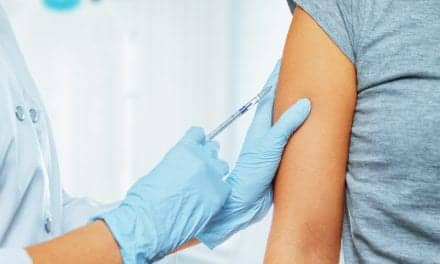A flu vaccination will be simultaneously administered to US astronaut Scott Kelly, who is in orbit on the International Space Station, and to Scott’s twin brother, Mark, on Earth. The research is part of NASA’s Twins Study, intended to examine the effects of microgravity on the immune system.
Blood will be drawn from the brothers before and after vaccination as well as throughout the duration of the mission to compare how their systems respond to the vaccine.
The Immunome Changes in Space investigation will look at how an astronaut’s immune system changes in response to acute and prolonged exposure to microgravity and other spaceflight stressors and after return to Earth. The researchers will also examine whether these changes differ relative to Earth-bound Mark and how they relate molecular, physiological, genetic, and biochemical changes.
A NASA report notes that understanding exactly which parts of the immune system are altered during spaceflight will help scientists know know how to ensure that crew members maintain a healthy immune system during long flights and stay protected against infections from Earth when visitors arrive at the space station. The data may also be possibly used to help develop new treatments and preventative measures for immune dysfunction and other related health issues.
According to the NASA report, a better understanding of how the immune system is activated or suppressed may aid in treating a range of autoimmune diseases, such as diabetes, in addition to treating the natural decline of the immune system as people age.
Source: NASA










